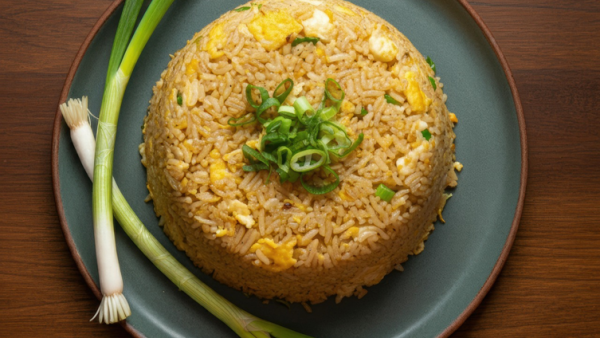
Plant-Based Whole Food Diet
The Whole Food Plant-Based (WFPB) Diet is a nutrition-forward, inflammation-fighting way of eating that is especially popular among health-conscious vegetarians and vegans. It is science-backed, clean, and healing — great for disease prevention, longevity, and reducing chronic inflammation.
Key Features:
- 100% plant-based (no animal products)
- No or minimal oil (though you can tweak this)
- No processed sugar or refined grains
- High in fiber, phytonutrients, and antioxidants
What you eat on a WFPB diet:
- Whole vegetables: Leafy greens (kale, spinach, collards), cruciferous veggies (broccoli, Brussels sprouts), colorful roots (beets, carrots, sweet potatoes)
- Fruits: Especially Berries, apples, oranges, bananas, mango, etc. Eaten whole, not juiced (for fiber retention)
- Whole grains: Brown rice, quinoa, oats, millet, bulgur, 100% whole grain bread and pasta (oil-free if possible)
- Legumes: Major source of protein and fiber -Lentils, chickpeas, black beans, edamame, split peas
- Small portions of edible nuts and seeds: Raw or lightly roasted –Walnuts, chia, flax, hemp, almonds, pumpkin seeds.
- Herbs and spices: Natural, anti-inflammatory flavors like turmeric, ginger, garlic, cumin, etc.
Image credit: Image by MD Mahbubur Rahman from Pixabay (Free to use under Pixabay content license)
Author: Sumana Rao | Posted on: December 9, 2025
« Previous Article
Next Article »
« Types Of Foods In Mediterranean Vegetarian Diet Foods That Are Avoided In Plant Based Whole Food Diet »
« Types Of Foods In Mediterranean Vegetarian Diet Foods That Are Avoided In Plant Based Whole Food Diet »






















Write a comment